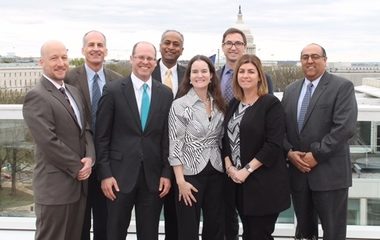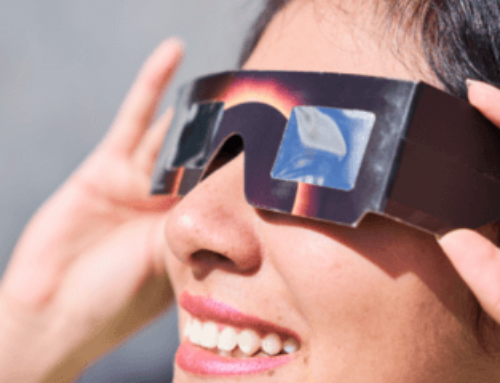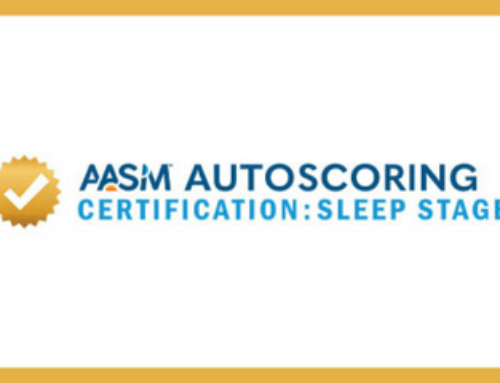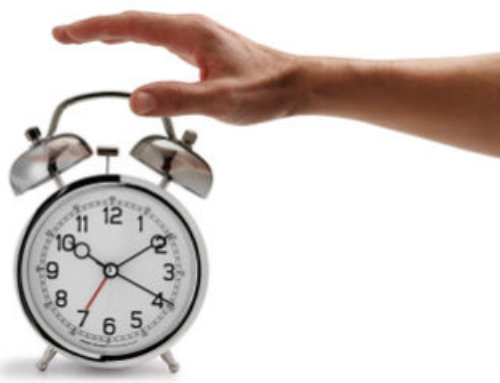DARIEN, IL – American Academy of Sleep Medicine (AASM) leaders recently were in Washington to advocate for patient access to quality care, sleep research, and drowsy driving prevention in meetings with legislators on Capitol Hill and during events involving the U.S. Food and Drug Administration (FDA) and National Institutes of Health (NIH).
“Insufficient sleep and untreated sleep disorders are public health problems that are having a drastic impact on the health of our nation,” said AASM President Dr. Ilene Rosen. “Our initiatives during this week of advocacy in Washington allowed us to align with key stakeholders behind the goal of achieving optimal health in the U.S. through better sleep.”
Future of Sleep Disorder Testing and Technology
The week of advocacy started on April 16 with an FDA workshop, which focused on the appropriate design of clinical studies to evaluate devices, including digital health technologies, for the diagnosis, monitoring, and treatment of obstructive sleep apnea and other forms of sleep-disordered breathing in adults. The workshop brought together sleep experts from across the country for presentations and panel discussions. Rosen was a panelist for the session on diagnosis and monitoring, and AASM President-Elect Dr. Douglas Kirsch was a speaker and panelist for the session on current digital health technologies and future trends.
Access to Quality Care
On April 17 AASM leaders conducted meetings at the offices of more than 30 legislators on Capitol Hill to advocate for patient access to quality care for sleep disorders. Meetings included discussions on the proposed formation of a congressional caucus to promote healthy sleep, the impact of drowsy driving on transportation safety, and the House Resolution expressing support for soldiers and veterans with obstructive sleep apnea and post-traumatic stress disorder (H.Res.46).
The federal Stark Law was another topic of discussion during meetings with Rep. Peter Roskam, the House Ways & Means Tax Policy chairman and a member of the Health Subcommittee, and with the counsel to Senate Finance Committee Chairman Orrin Hatch. Rosen and Kirsch described how the law prohibits board-certified sleep medicine physicians from providing therapeutic medical devices to Medicare patients who have obstructive sleep apnea, which leads to a more fragmented and inferior quality of care compared with what patients who have private insurance receive.
“Patient-centered care is essential for the effective, long-term treatment of obstructive sleep apnea,” said Rosen. “We believe that sleep apnea patients insured by Medicare should have access to the same quality of care as patients with private insurance.”
The AASM continues to advocate for a Stark Law exception that would allow board-certified sleep medicine physicians to provide positive airway pressure (PAP) devices to Medicare patients who have obstructive sleep apnea.
Sleep and Circadian Research
On April 18 the AASM and Sleep Research Society organized a Sleep 101 Symposium on the NIH campus to inform NIH program officers of current opportunities and needs in sleep and circadian research. The meeting featured presentations from three sleep scientists: Dr. Beth Malow, a professor of neurology and pediatrics at Vanderbilt University Medical Center; Dr. Sairam Parthasarathy, medical director of the Center for Sleep Disorders at the University of Arizona; and Dr. Sigrid Veasey, a professor of medicine with tenure at the University of Pennsylvania.
From April 18 to 20 in Bethesda, Maryland, the AASM held its 10th annual Young Investigators Research Forum, which promotes the career development of promising young investigators in clinical and translational sleep medicine research. The event provides guidance from senior investigators, including NIH scientific and program officers, and presents strategies to better position young investigators for a successful career in clinical sleep research.
“The American Academy of Sleep Medicine remains committed to promoting strategic sleep research and equipping young investigators for long-term success in the sleep field,” said Rosen.
About the American Academy of Sleep Medicine
Established in 1975, the American Academy of Sleep Medicine (AASM) improves sleep health and promotes high quality, patient-centered care through advocacy, education, strategic research, and practice standards. The AASM has a combined membership of 10,000 accredited member sleep centers and individual members, including physicians, scientists and other health care professionals. For more information about sleep and sleep disorders, including a directory of AASM-accredited member sleep centers, visit the Sleep Education website.









